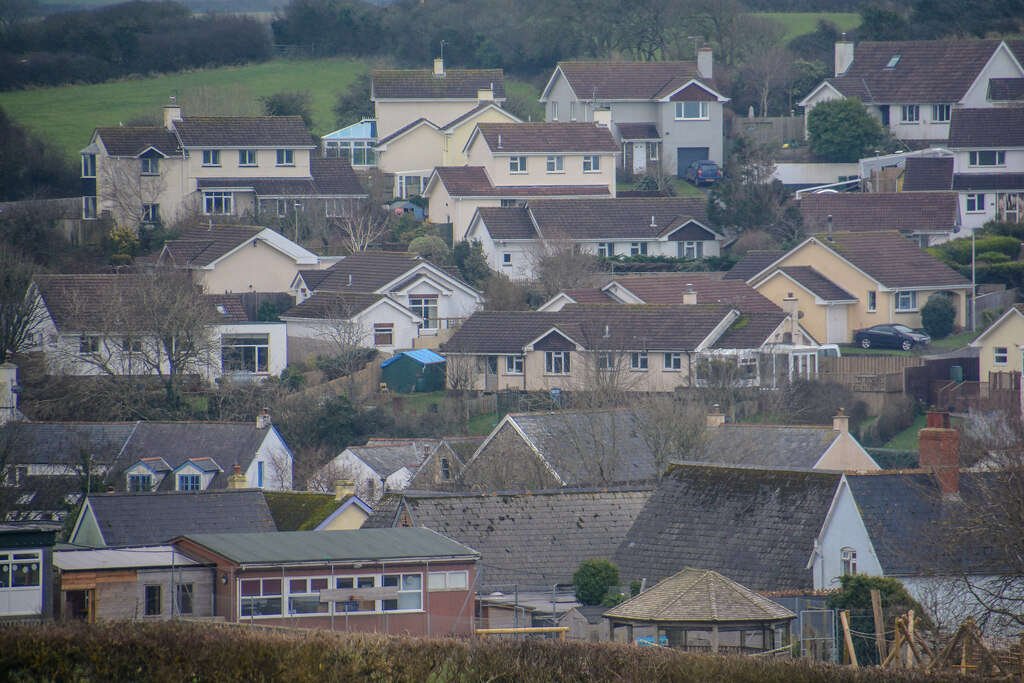
New document reveals impact
The rise in short-term holiday lets in North Devon is a “major problem,” with over a quarter of properties in some parts of the district not being used for permanent residence, according to a council report.
The finding is part of North Devon Council’s response to the government’s call for evidence on short-term holiday homes. It was set up following concern from local authorities and MPs that their increasing numbers are impacting the housing market.
Agreed at a meeting on Monday [5 September], the council’s submission says the rise over the past three years has led to at least 435 homes in the district being changed from permanent residential use to holiday lets, a figure likely to be higher as it is claimed many properties are not registered for business rates.
The council acknowledges that holiday letting websites have “enabled some homeowners to create a new income stream” while expanding the tourism market.
But it says there is a “misconception that this is a quant cottage industry where homeowners let out a room or two to supplement their income.” it is “particularly concerned about community cohesion” in areas with a high density of holiday lets.
In addition, it claims “anecdotal evidence” shows tenants have been evicted from permanent lets so the properties to be used as holiday lets, as well as 142 no fault evictions in the last two financial years – of which 103 were last year.
The council says data from property websites shows the number of properties available for permanent letting in North Devon shrank two-thirds (67 per cent) in the two years to August 2021.
According to the council, second homes and holiday lets now make up more than a quarter of all homes in Instow, West Down, Countisbury, Trentishoe and Martinhoe, while in Mortenhoe (47 per cent) and Georgeham (45 per cent) the proportion is almost half.
The impact is so great in Georgeham that on one particular road in the village it is believed only one property is occupied in the winter.
“Communities cannot be sustained with that level of holiday use,” the council says.
It adds the reduction in permanent housing has had an impact on house prices. In August 2019 the average was £246,147 which increased to £321,346 in July 2022.
This covered the covid period, when house prices in many rural and coastal areas rose considerably.
The lack of available housing is having a further impact on major employers and public services who now find it difficult to recruit. According to the council: “Whilst the recruitment market is more difficult at present, especially for certain professions, many employers are citing the lack of housing as a reason.”
“By way of example, the principal of the local [further education] college had appointed a deputy principal who then came to North Devon to look for a property to relocate to but found the market so restricted and expensive that they then withdrew from the offer. There have been five unsuccessful attempts at recruitment since.
“The same college has an executive officer who has had to take a flat in Cullompton when they work in Barnstaple because there was nothing suitable and affordable closer. That is a distance of 40 miles.”
The report adds: “An employee of a local care home who was living in a rented property has had to give up her job as care worker as her landlord has evicted her to allow the use as a holiday let.”
North Devon says it wants to develop a licencing scheme with physical checks of premises, citing other impacts from some holiday lets including anti-social behaviour.
But it says that should be supported by other measures, “such as the requirement to apply for planning consent for change of use where residential premises are converted to holiday lets.
“This would allow control over the number of holiday lets and allow councils to prevent areas becoming saturated.
“Other measures that might be outside the scope of this call for evidence include addressing the tax advantages for owners of holiday let premises and also introducing the same environmental requirements as are imposed on private landlords.”
Members of the council’s strategy and resources committee agreed to submit the response to the government.
The call for evidence ends on Wednesday 21 September.
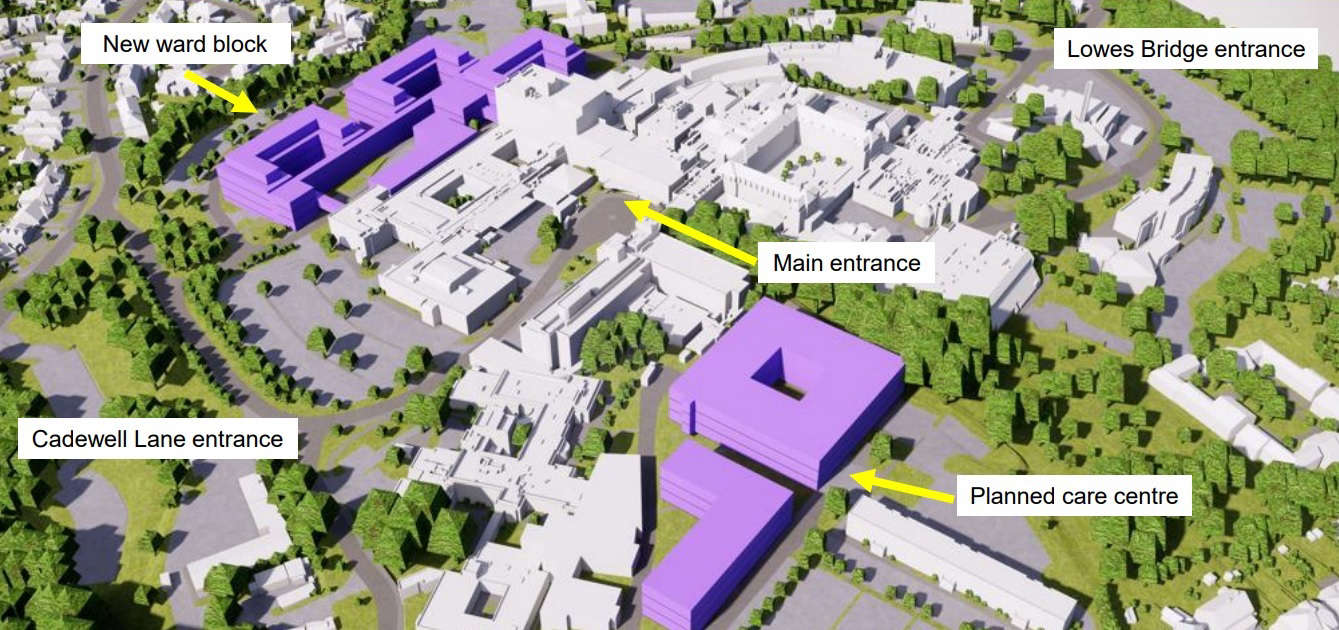 How Torbay Hospital bosses are tackling 'risks'
How Torbay Hospital bosses are tackling 'risks'
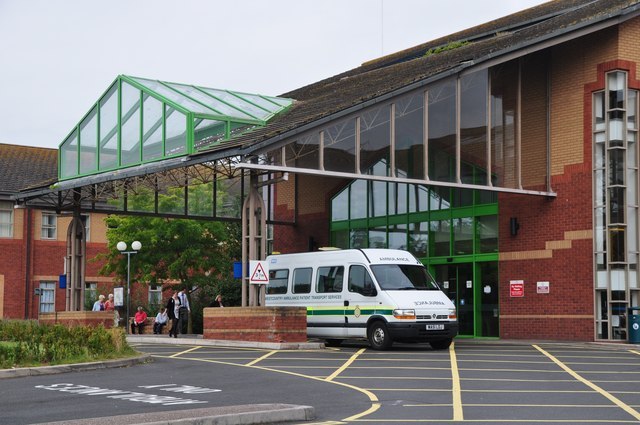 RD&E and North Devon hospital waiting times slashed
RD&E and North Devon hospital waiting times slashed
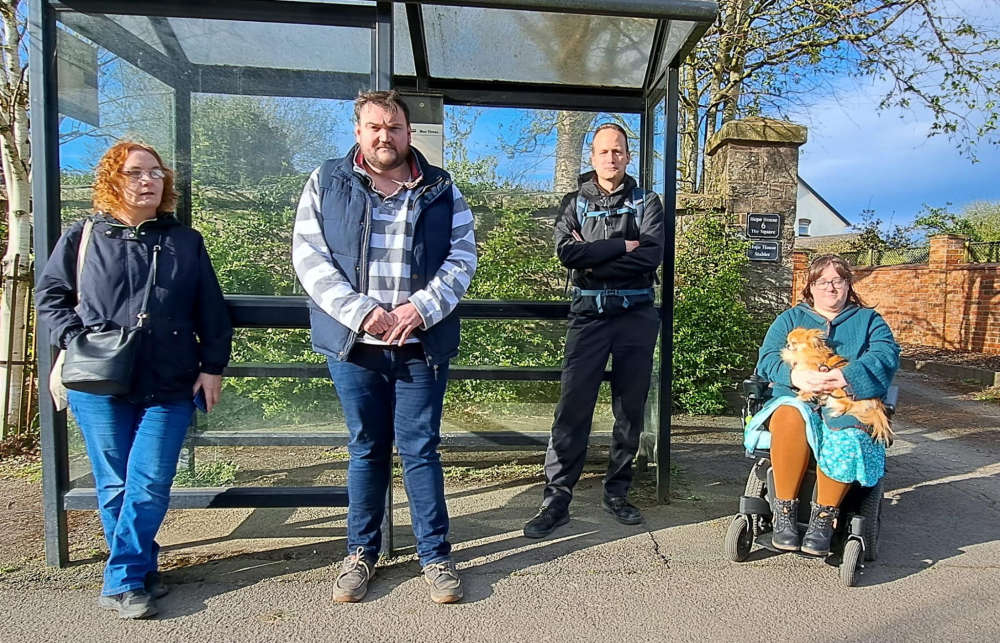 Bus service changes leave villagers in North Devon stranded
Bus service changes leave villagers in North Devon stranded
 Demand for action over Teign sewage spills
Demand for action over Teign sewage spills
 Cyclist critically injured in Sidmouth
Cyclist critically injured in Sidmouth
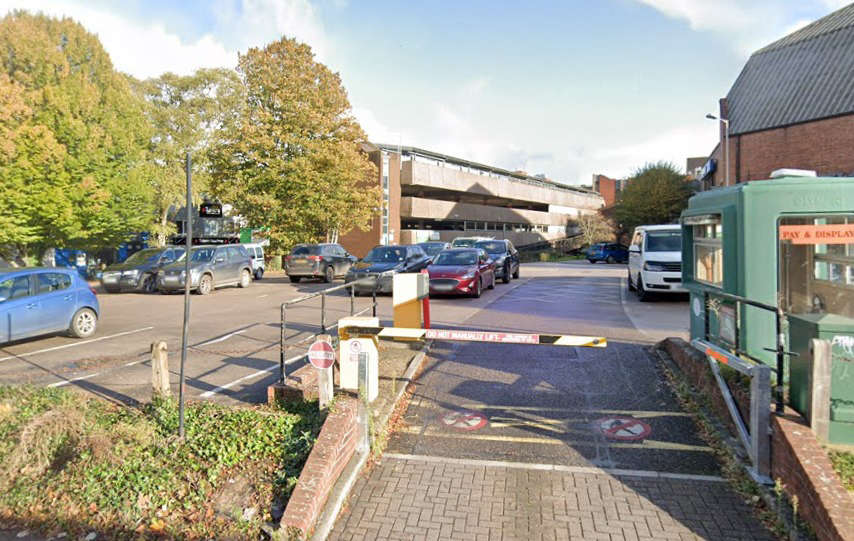 Council owed £4 million by its own housing company
Council owed £4 million by its own housing company
